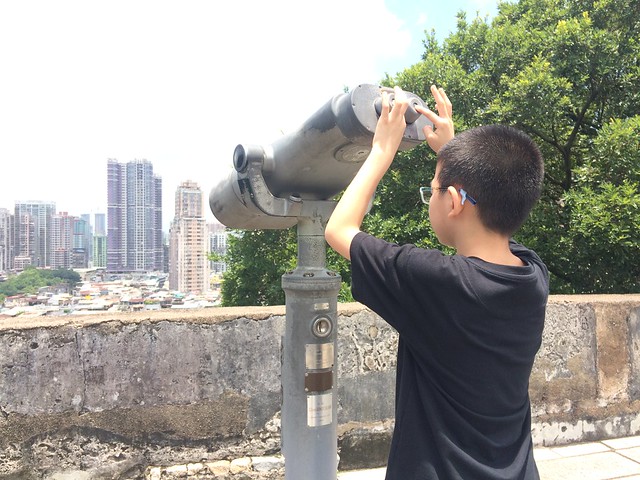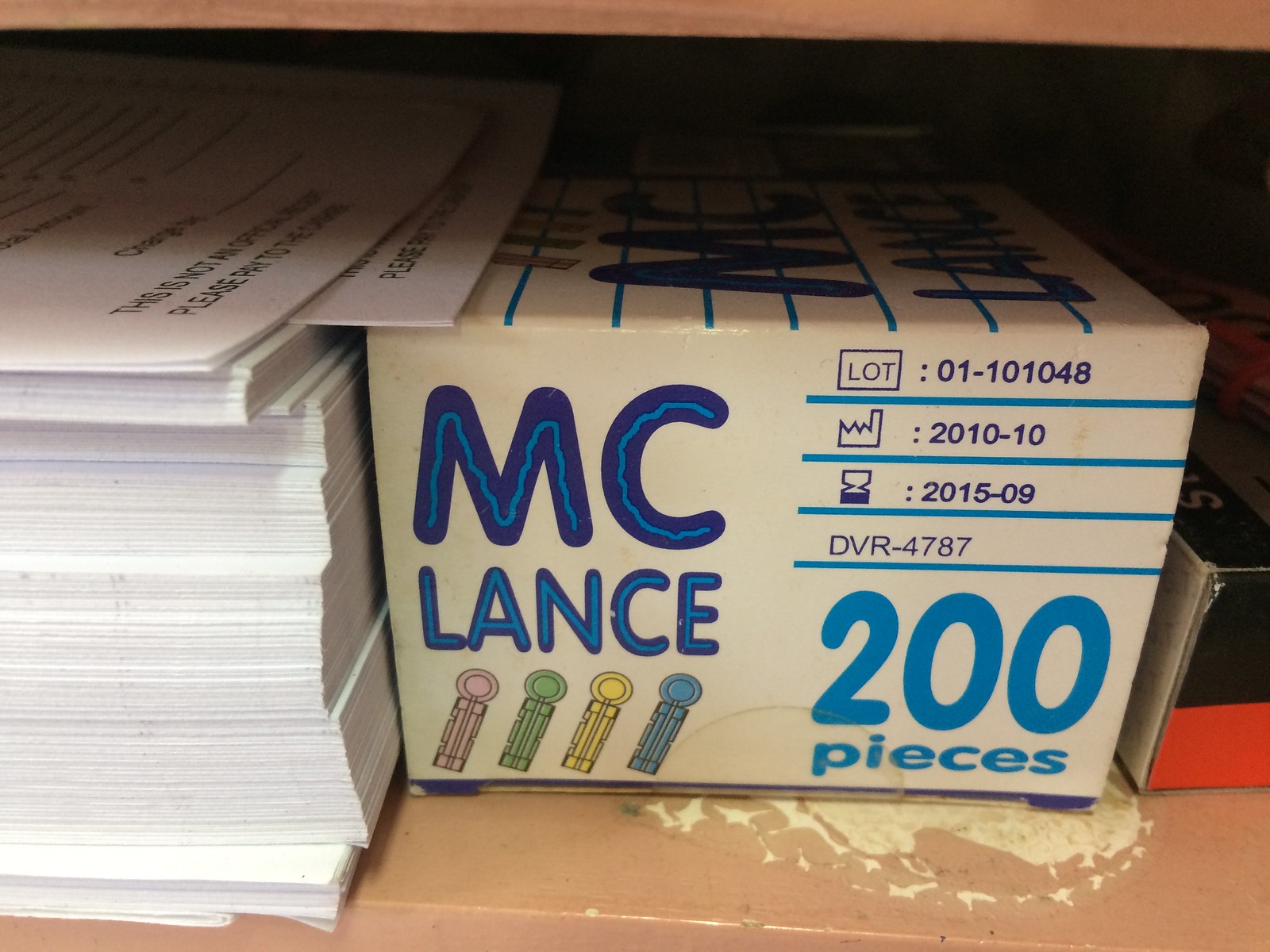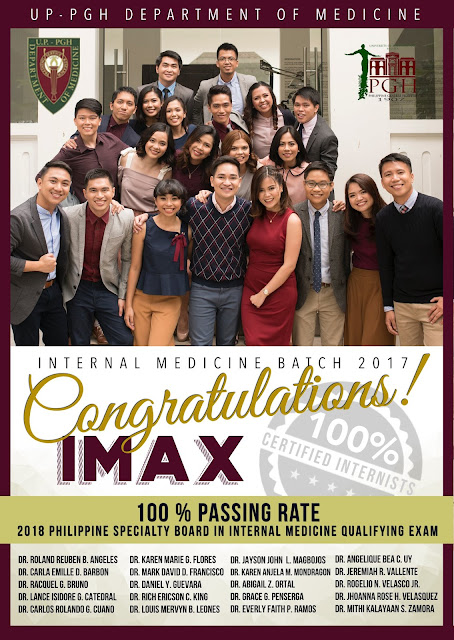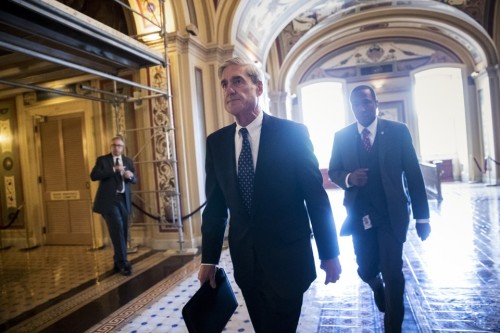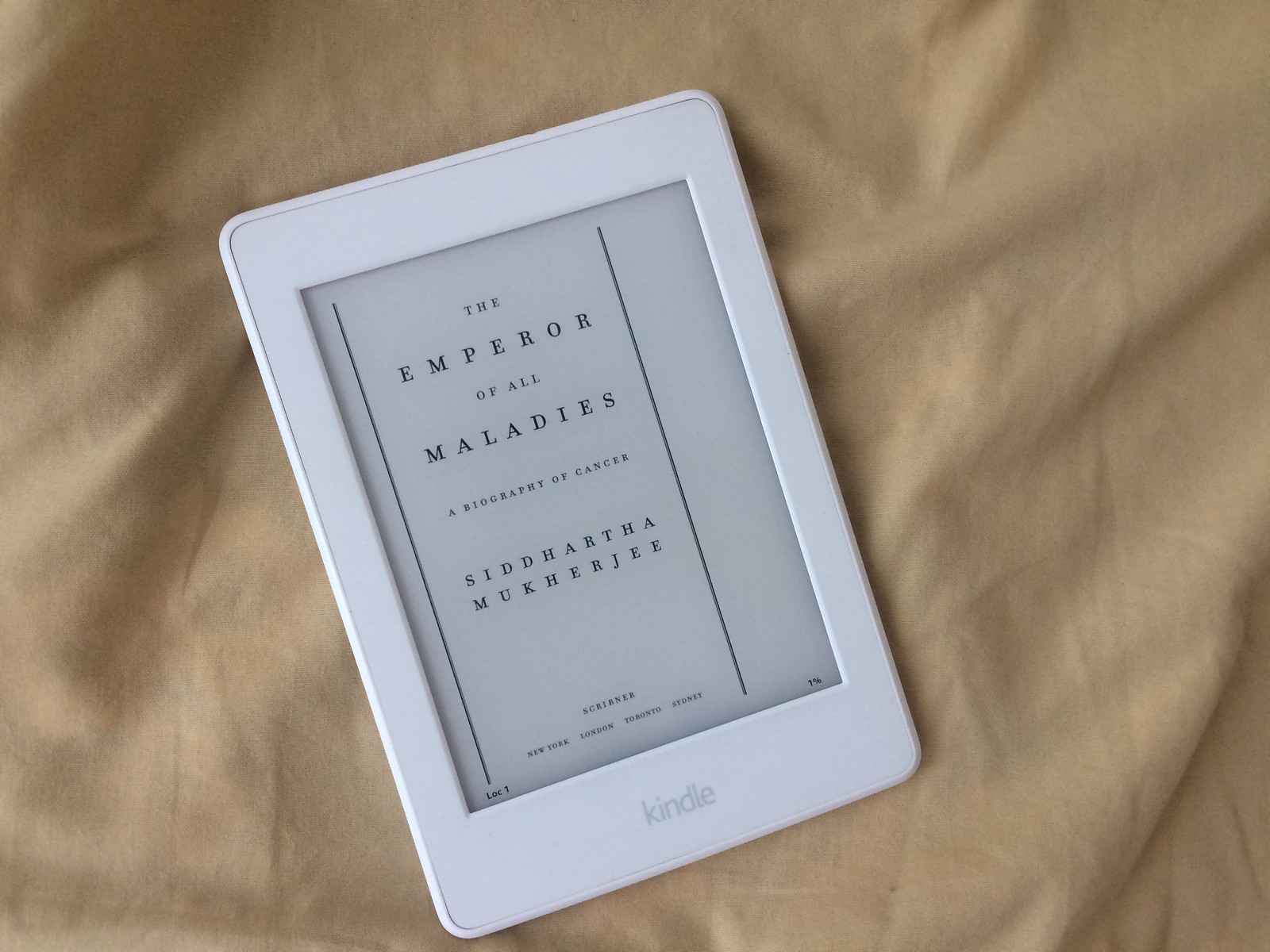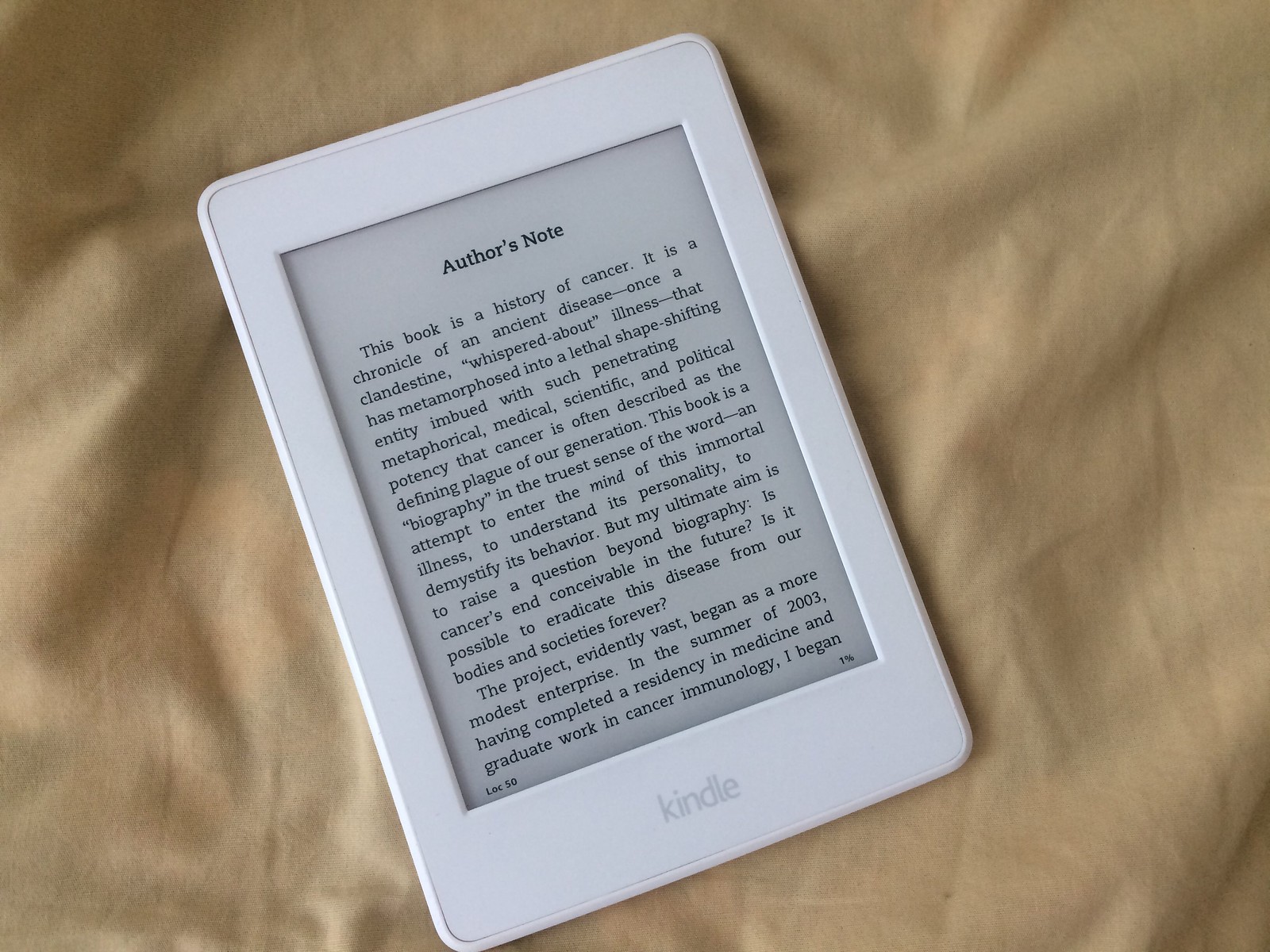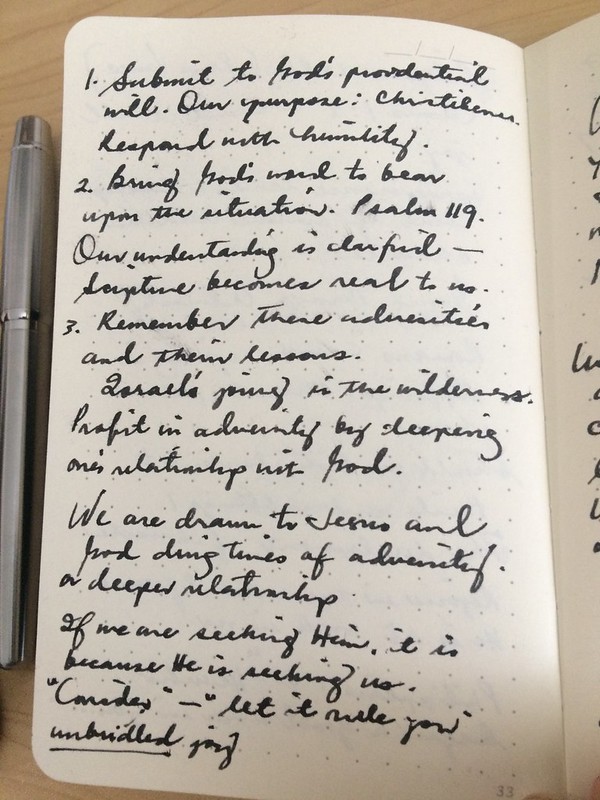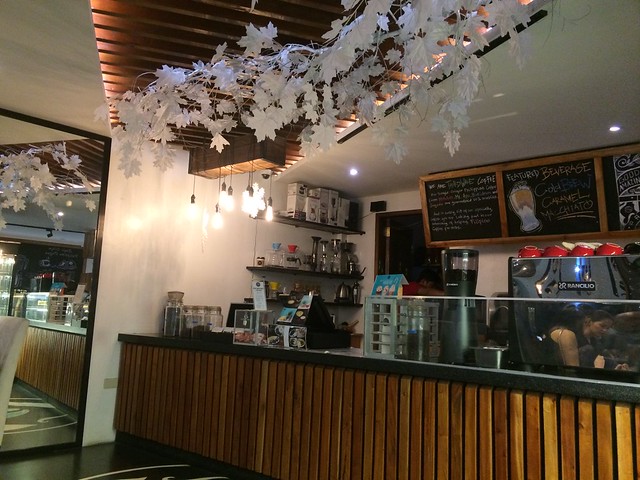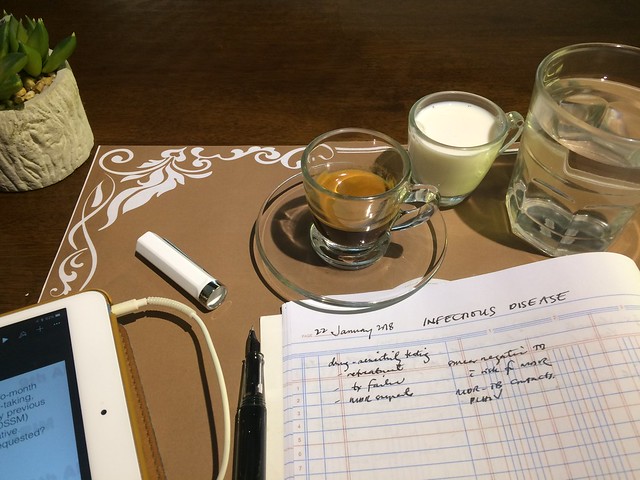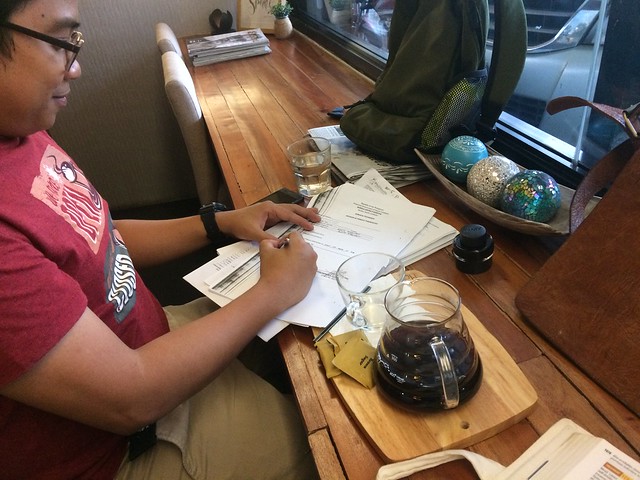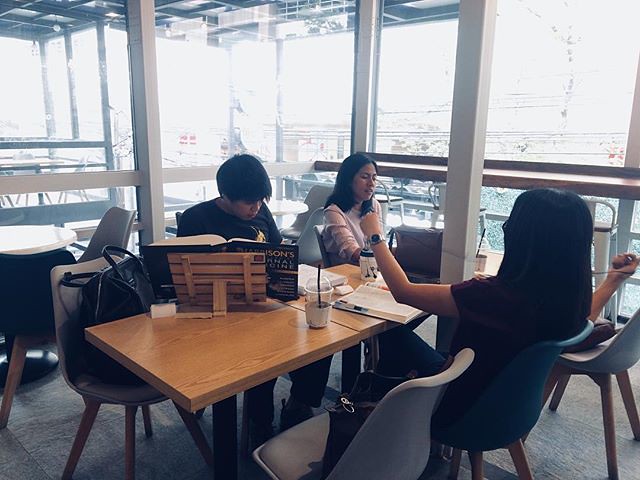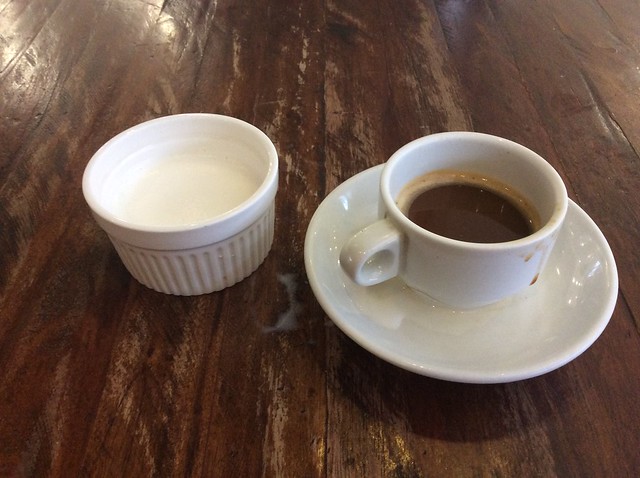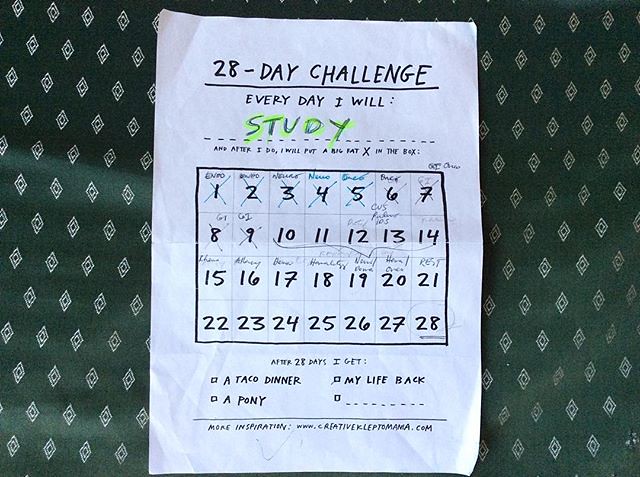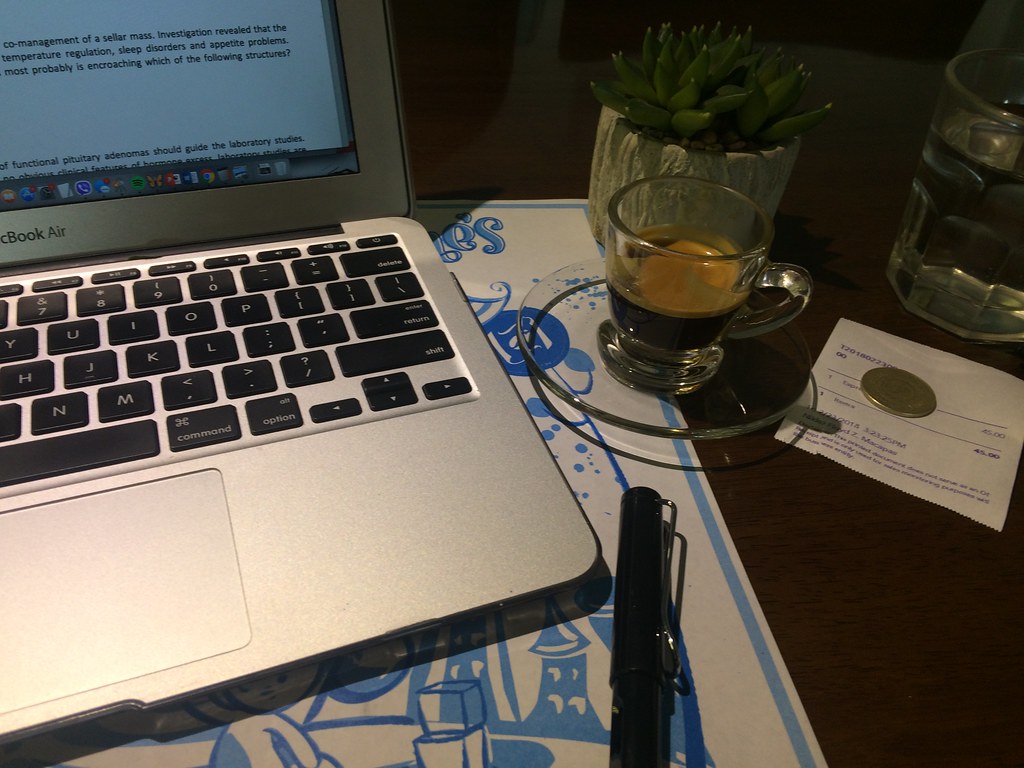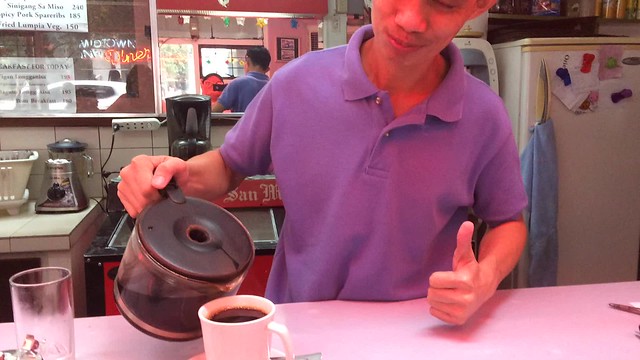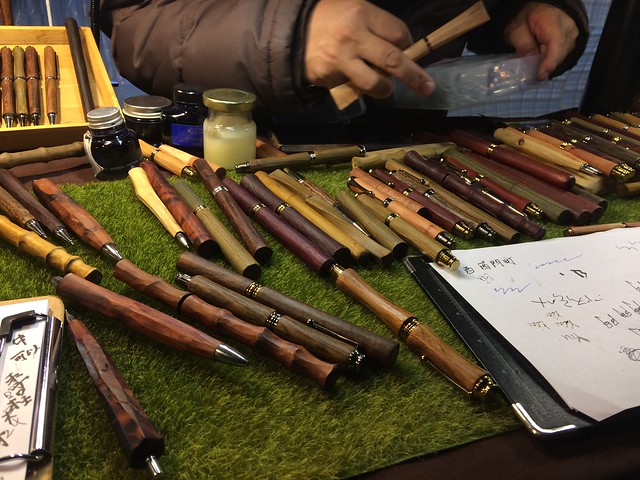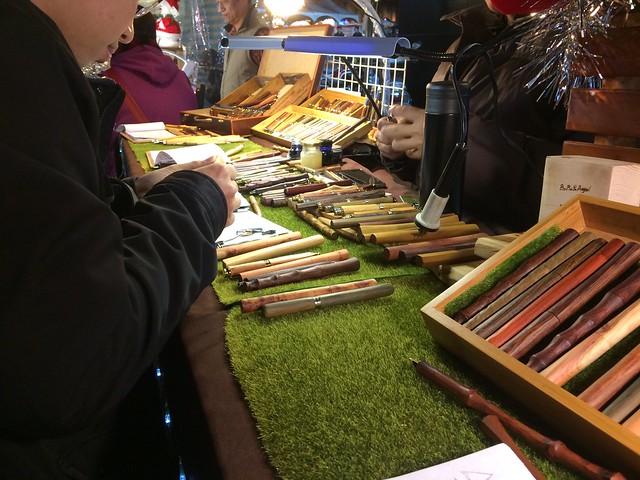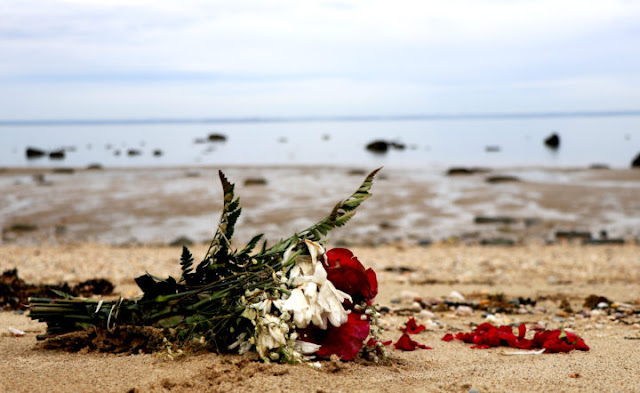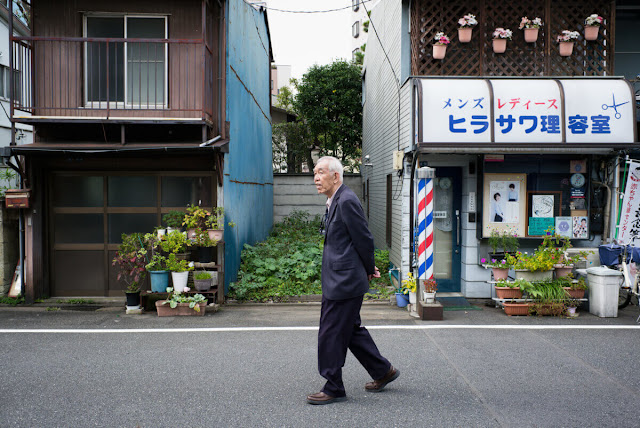PhD existential problems
A postdoc friend recently called me to discuss his career options. He didn't want to run his own lab, he said. Instead, he wanted to become a research scientist, mainly working at the bench—like me. I sensed that his mind was already made up, but he needed validation about pursuing a path that is not generally thought of as a professional success. Our conversation got me thinking about my own decision to become a research scientist—and about other career choices I made that went against the norm.
The article's conclusion:
My experiences over the next 5 years reinforced my decision not to pursue PI positions. I realized that I like being the person who not only thinks of scientific questions, but also performs the experiments. I don't want to miss the eureka moments at the lab bench, even if the discovery is as insignificant as a new transgenic worm. I need this daily feeling of personal accomplishment that I get from being an experimentalist.
But quite wrongly, research (or staff) scientist positions in academia are associated with lack of ambition or scientific drive. This view needs to change, and more positions need to be created for the increasing number of qualified scientists who are not interested in opening their own labs or who do not secure the few faculty positions available. And scientists like me, who are not interested in becoming PIs, should be confident in our decisions and advocate for the research scientist position to be recognized as a valid professional choice.
The short of it is--do something that matters to you.

